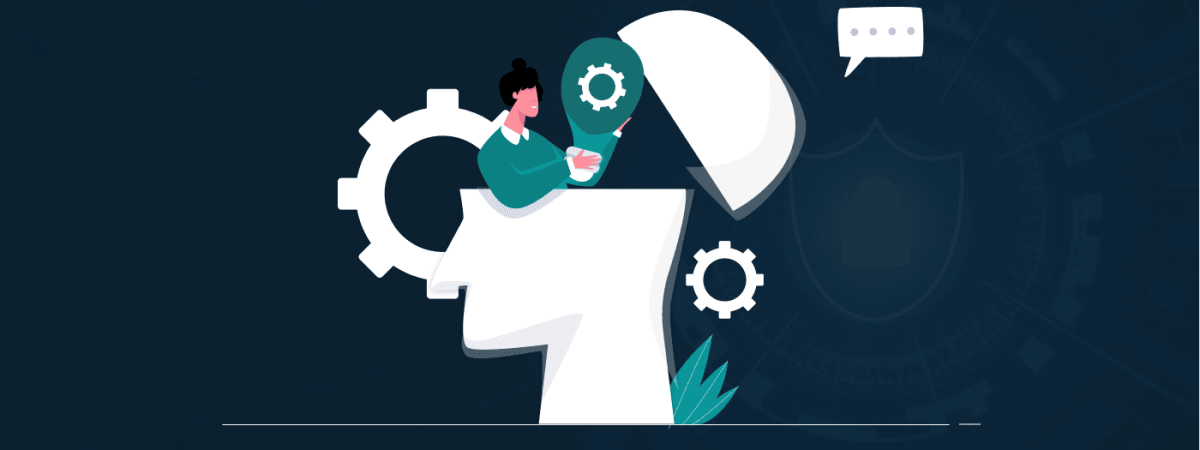Artificial intelligence is not a new concept for people. Machine learning and robots were infused into our lives years ago. Still, artificial intelligence hype today is extraordinary, whether it is an upcoming AI technology or a new perspective on society.
It is still obscure what will be the potential impacts of these technologies on different platforms in which organizational implementation of AI is most highlighted. People are still confused about the idea, especially regarding the recruitment of this machinery.
We have seen vastly differentiating concepts and opinions between individuals regarding artificial intelligence. However, all views are presented on contrasting target areas and with unlike circumstances. Here we have gathered some expert opinions from individuals directly linked to AI and actively participating in such events.
The future of Artificial Intelligence is going to continue to disrupt all industries
Ronald van Loon Influencer AI (Artificial Intelligent), Big Data

Artificial Intelligence is the future that will continue to disrupt all industries, and the ethical development and application of AI are essential to stimulate intelligent progress. Security is driven by the speed at which hackers develop new strategies; organizations are equally quick to respond if they develop a new technique. Both sides, the good and the bad, are applying Artificial Intelligence to achieve their objectives. Machine Learning and AI, via Deep Learning and neural networks, are critical for security to detect threats and determine the distinction between “good,” reliable clients and “bad” cybercriminals while still maintaining optimal Customer Experience practices. Follow Ronald Van Loon’s Twitter | Youtube | and Linkedin
Owner and publisher of the Digital Banking Report and co-publisher of The Financial Brand.
Jim Marocus, Publisher of The Financial brand

The most significant barriers to the advancement of artificial intelligence over the next 5 years will be acquiring the right talent and making cultural adjustments within organizations to deploy solutions. Without these components, the transformation will be more iterative than innovative. The mission will be to transform great internal reports into exceptional customer experiences.
Artificial Intelligence will also be used by cybercriminals and nation-states to identify software and network vulnerabilities and to launch cyberattacks.
Duane Baker, Independent IT consultant

“AI could have both negative and positive impacts.
Says Duane Baker
Artificial Intelligence (AI) is vital in threat intelligence and cyber defense systems. The proliferation of data makes using AI components to augment humans in cybersecurity functions a necessity. While AI will be helpful in this manner, it will also be used by cybercriminals and nation-states to identify software and network vulnerabilities and launch cyber attacks. Because both good and bad actors have access to AI, it will likely only raise the severity level of successful cyber attacks.
Artificial Intelligence still needs time to be totally responsive.
Says Brian Honan Founder & Head of Ireland’s CSIRT (Computer Security Incident Response Team)

“Artificial Intelligence offers a lot of advantages to cybersecurity. However, the technology is still far from being mature, with the term artificial intelligence being abused by many in the industry. We need to be wary of vendors promising their solution uses Artificial Intelligence when all they offer are simply automated scripts to process large amounts of data. To be truly intelligent, systems must process and make decisions based on the data and the situational circumstances at that particular time. For the foreseeable future, I don’t see AI replacing humans in the security process but rather taking over some of the more mundane tasks to enable humans to focus on the more important aspects of security”
Brian Honan
Assuming Business future with AI makes one curious.
Says David Bisson Infosec journalist | Contributing Editor @gcluley, @TripwireInc

“Companies are embracing artificial intelligence and machine learning to meet their digital security requirements in response to a (some say “perceived”) lack of skilled human personnel. Assuming this trend continues, I’ll be curious to see what security looks like in the next 5-10 years. What functions will human IT security analysts perform in the future?”
David Bisson
AI could prove to be a financial imbalance.
Says Trip Elix Speaker/Author, Personal Security Expert. Security Consultant at http://tripelix.com

“The coming of AI to the human form will prove to be financially devastating for humans until such time as the state puts in limits. Imagine bartering with yourself for goods that you are attractive but are outside of what you can afford. AI will favor who controls the computer with (which) will counter the logic of need.”
Trip Elix
Artificial Intelligence could be an effective solution to manage huge data sets.
Says Ratan Jyoti, a social media influencer and Chief Information Security Officer of Ujjivan Small Finance Bank.

Today the cyber attack surface has expanded significantly and is further ballooning and becoming broader and more profound. The same adds tremendous pressure on resources (including humans) and time to manage the volume, velocity, and variety of vast amounts of data thus generated. Traditional methods to manage these massive datasets are not enough, and Artificial Intelligence (AI) could help to normalize these data sets and bring Business Context out of these.
I believe it would be incorrect to say that AI can automate Cyber Security decision-making. Still, AI and Machine learning will undoubtedly reduce time-to-remediation and help the organization save time to protect against Cyber attacks. Behavior profiling and detecting unknowns will be the area where AI and machine learning will contribute. A suitable Cybersecurity Strategy to use AI and Machine Learning will be the key.
AI-enabled bad actors will be a major challenge to Cybersecurity.
Ratan Jyoti
Companies are moving towards AI to overcome the growing demand of cybersecurity experts.
Says Scott Schober, Pres/CEO of BVS, Author of Hacked Again, Cybersecurity Expert.

“Over the last four years, the news headlines have been peppered with cyber breaches affecting almost every industry and person. The greatest challenge facing companies is finding and retaining top cyber talent. Millions of cybersecurity experts are needed over the next five years in every sector, yet there are very few experts to fill this surging demand.
To aid in finding talent companies turning toward artificial intelligence. This is not a case of robots replacing humans, but somewhat artificial intelligence working in parallel with skilled experts. Artificial intelligence can aid in predictive analytics that can quickly spot where potential attacks are formulating so they can be thwarted before they spread laterally throughout a company’s networks. Humans can quickly suffer from cyber fatigue when analyzing vast amounts of data, making it hard to decipher when something is genuinely actionable.
Whereas AI can efficiently scan terabytes of ‘big data and sort while characterizing threats into bite-size pieces so a cyber expert can quickly contain critical threats. People and AI are a powerful combination that will effectively fight the growing cyberwar and will certainly be a game-changer.”
Scott Schober
AI will continue to enhance cyber security operations, says Bob Carver

“AI (or parts of AI) are already being utilized in cybersecurity operations and will continue to be utilized more over time. Machine learning and Deep Learning can be used to watch for abnormal activity on endpoints (malware/exploits/changes), traffic traversing local networks, and the internet, and look for patterns that tie all these activities altogether. It will continue to get more difficult to attempt to perform all these activities manually and ultimately require most to utilize increasingly more and better technology in these areas, all based upon these technologies.” Bob Carver
For the development of AI, governments, academia and private companies should work together to invest in skills, technology and ethical framework.
Says Carl Herberger, Vice President of Security Solutions @Radware

“We are already facing a barrage of bad bots fighting good bots. Anyone responsible for network or application security in an organization will see how automated cyber attacks have become – the black market for off-the-shelf attacks is starting to mature. Keeping up to date with the threats is harder for researchers, and as the human brain simply can’t process information quickly enough to beat the bots, our only hope is to turn to AI.
The application of AI is unknown, so how does a country prepare for that scenario? How do you plan for the unthinkable? What would happen if AI was used to jam communication links, plunge cities into darkness, set oil rigs alight, and destroy emergency services?
That’s why we should all take note of the warning and ensure that governments, academia, and private companies work together to invest in skills, technology, and ethical frameworks. If we don’t, then we can’t ensure that the development of AI stays firmly in the domain of doing good. And if we fail in that, then we fail mankind.”
Carl Herberger
With all these future aspects of artificial intelligence, one of the most impacted fields would also include e-learning processes. As discussed by Barbara Kurshan on Forbes,
“Artificial intelligence can help organize and synthesize content to support content delivery. As deep learning systems, technology can read, write and emulate human behavior. For example, Dr. Scott R. Parfitt’s Content Technologies, Inc. (CTI) enables educators to assemble custom textbooks. Educators import a syllabus and CTI’s engine populates a textbook with the core content.”
Artificial Intelligence is the most discussed technological aspect that has been vague regarding its appropriate uses and limitations. Although technology is at its ever reached high extreme, it still needs a couple of years for the perfect societal accommodation.
However, I hope that these expert opinions would have solved the tangled aspects of artificial intelligence to a greater extent.
Share this article
About the Author
Rebecca James is an IT consultant with forward thinking approach toward developing IT infrastructures of SMEs. She writes to engage with individuals and raise awareness of digital security, privacy, and better IT infrastructure.
More from Rebecca JamesRelated Posts
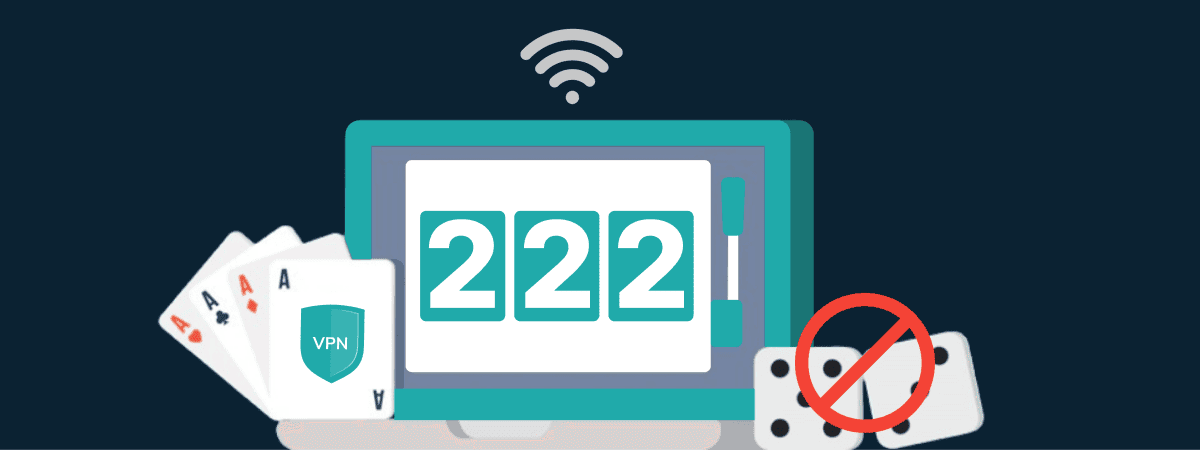
How to Avoid Gambling Restrictions in 2024
KEY TAKEAWAYS Gambling is prohibited in multiple countries as it is addictive, and many people go ba...

20 Best Penetration Testing Tools For Security Professionals
KEY TAKEAWAYS If you’re in a hurry, then have a look at the list of 20 best penetration testin...
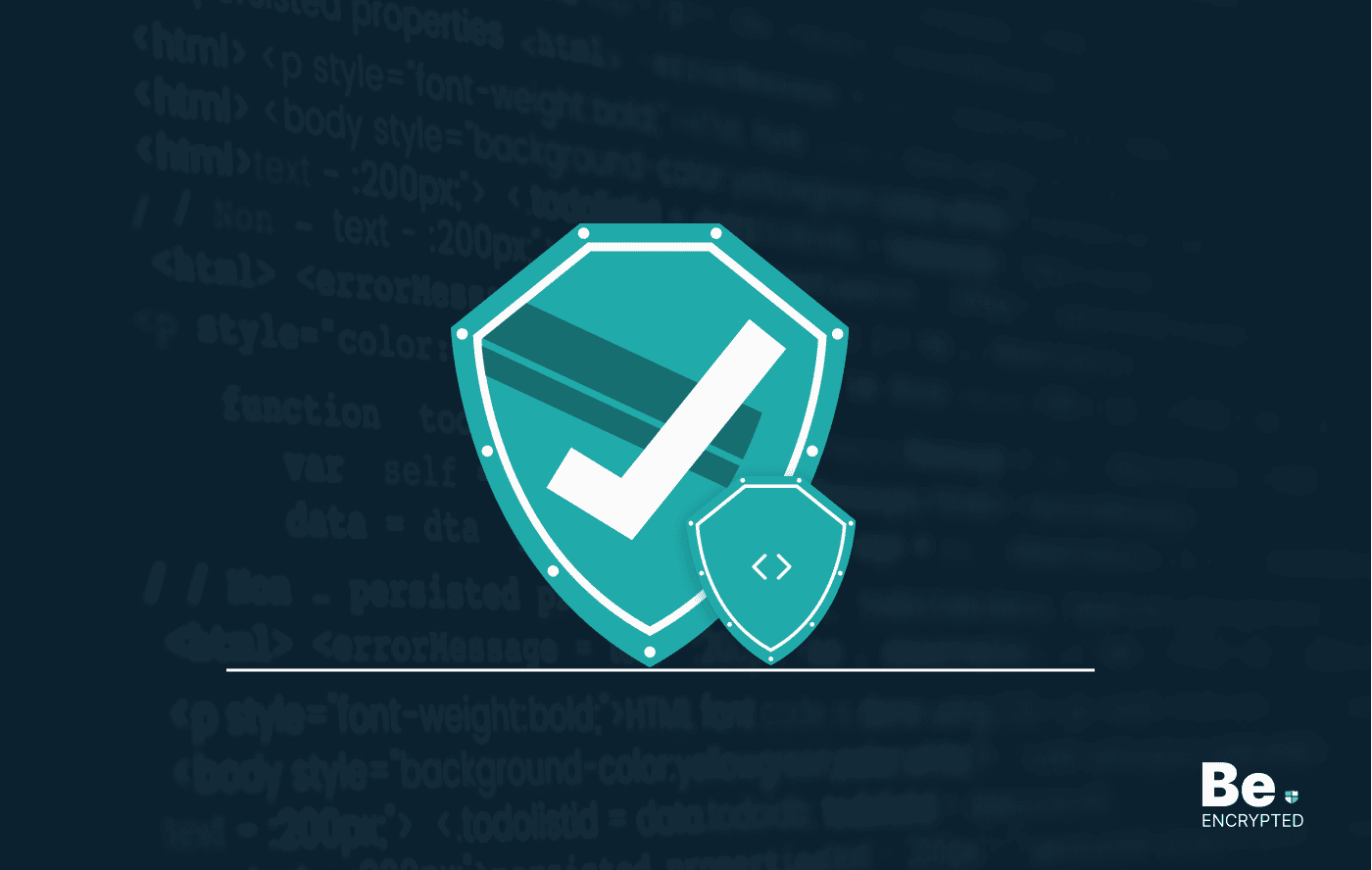
The Role of Developer Security in Software Development
KEY TAKEAWAYS The revolution of DevOps has reduced the SLDC and resulted in the creation of many sof...
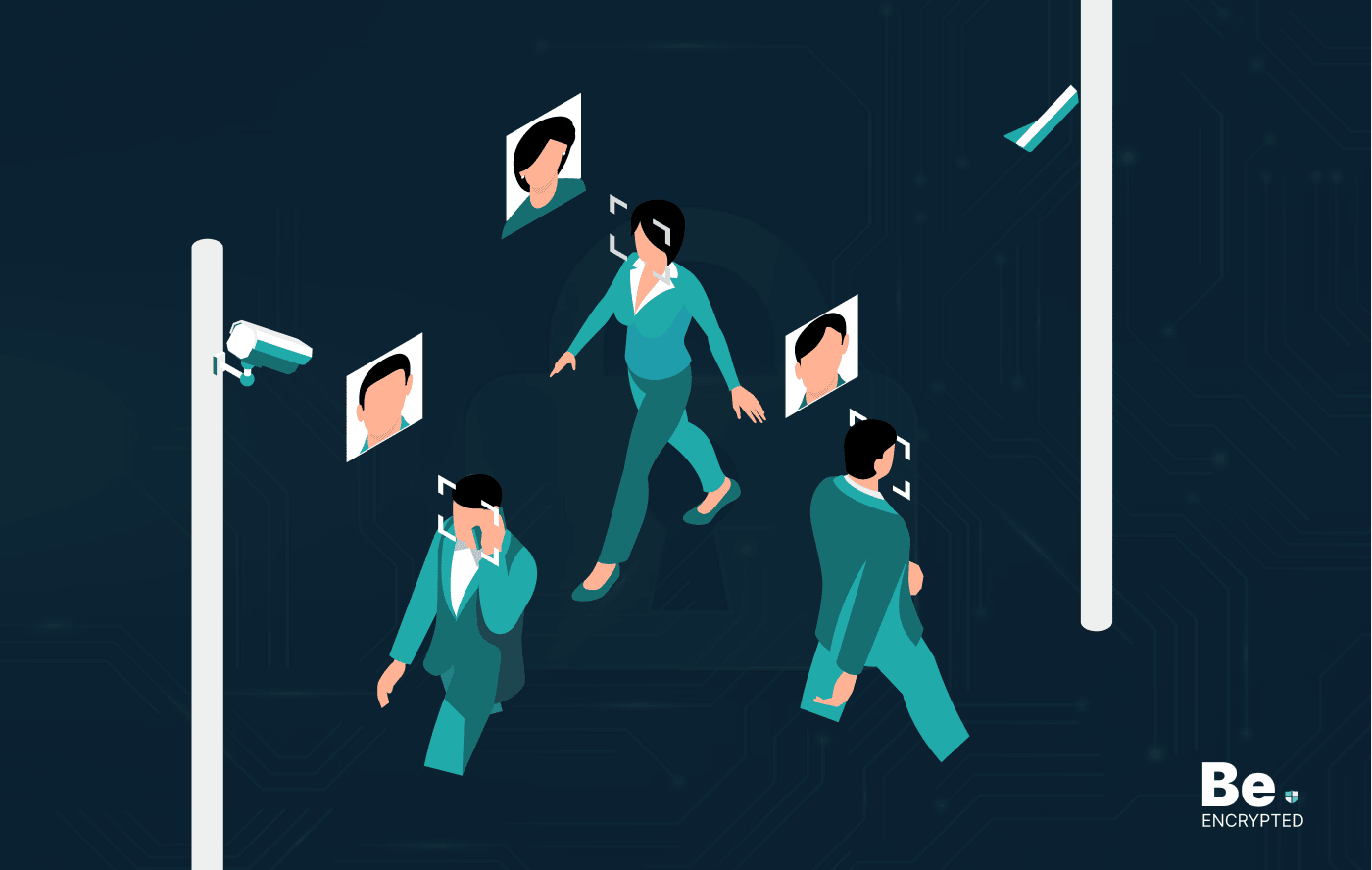
How To Detect Hidden Cameras And Listening Devices? A Complete Guide
Many people feel like someone is watching them or listening to their conversations. They may be righ...
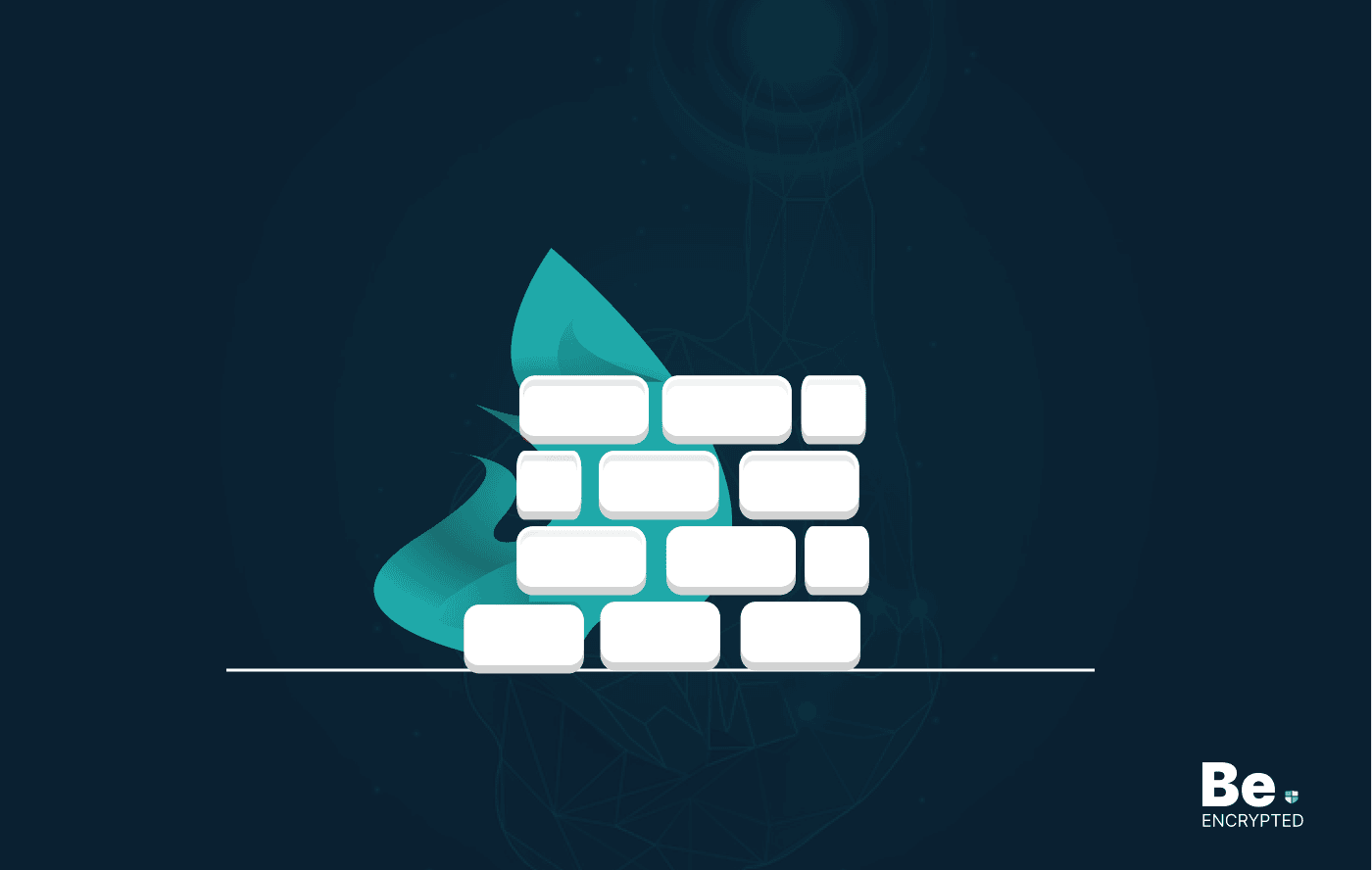
What is Virtual Firewall and How it Helps Us in 2024?
Scientists and technicians are trying to invent the latest technology protection to create barriers ...
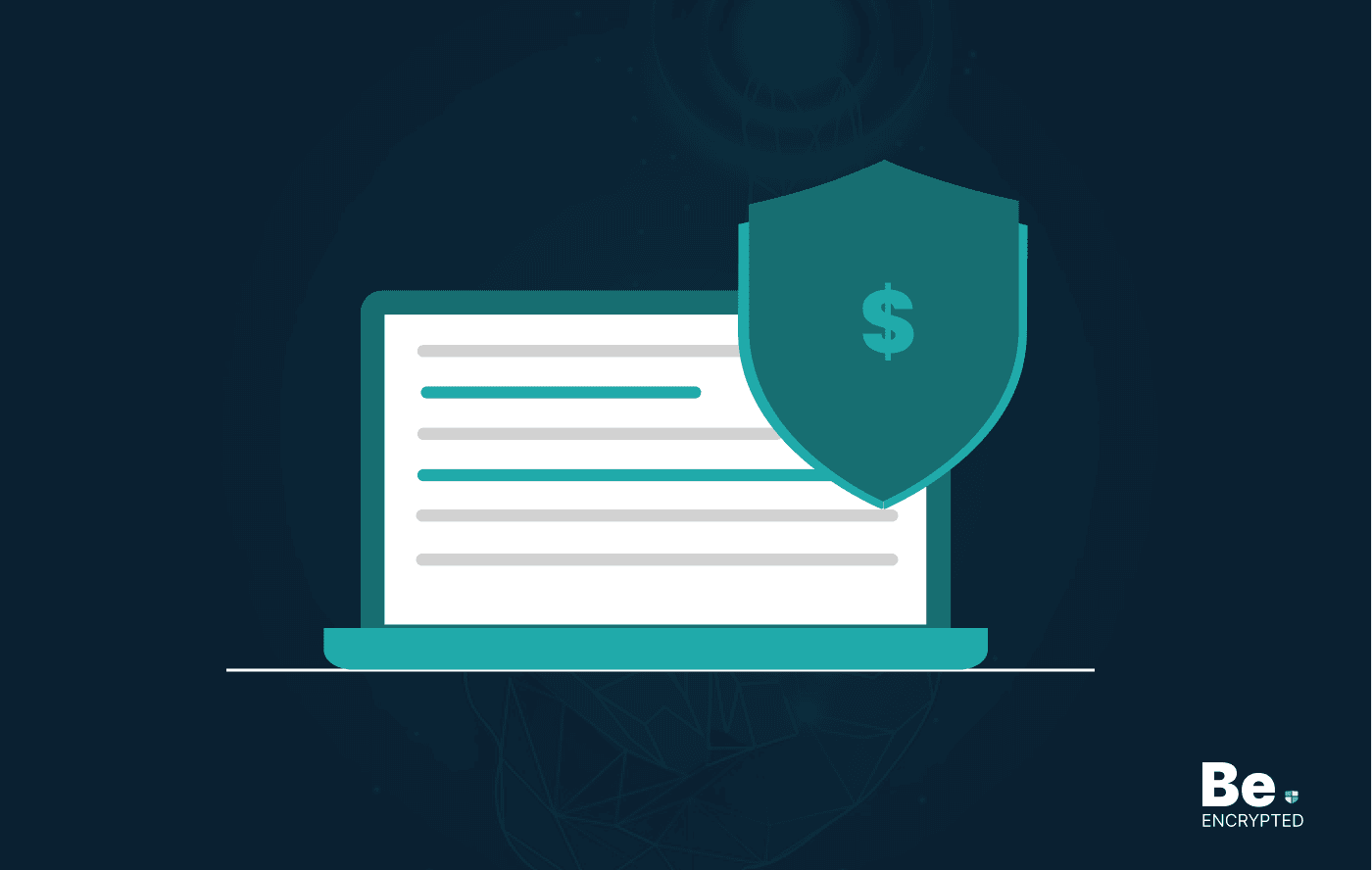
10 Ways to Prevent Ransomware Attacks
KEY TAKEAWAYS Ransomware attacks are growing frequently and affecting every sector of the business i...
